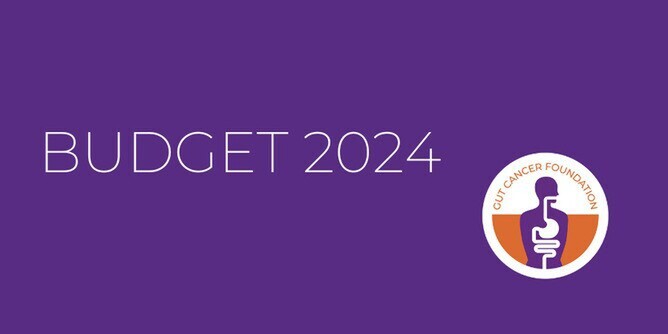The Gut Cancer Foundation is deeply disappointed in the failure of this government to stick to National’s pre-election pledges to provide funding for new cancer treatments.
Whilst we welcome the announcement of funding for Pharmac, this only funds existing treatments, not the funding for new, vitally important medicines that were pledged in the lead up to the election.
The fact that New Zealanders are forced to fundraise through GiveaLittle pages, or even leave the country to access what is common standard of care in other countries is unacceptable.
While we appreciate the government's commitment to improving Pharmac, without additional funding, the latest announcement means we continue to lag behind other OECD countries for access to cancer medicines. Transformational change is needed, but this is only possible with sustained increase in funding.
We recognise that many cancer patients, their whanau, and patient groups will be disappointed by today’s announcement. We stand with our colleagues in CANGO (Cancer Alliance of NGOs) in our assertion that many patients will continue to struggle to afford the medicines they desperately need, leading to unnecessary suffering and potentially worse health outcomes.
This is not a problem that can be put off for another day. The number of New Zealanders with cancer waiting for medicines that Pharmac have already reviewed now stands at 6,800. Urgent action is needed to ensure that essential medicines are accessible to all who require them.
For our community, the impact is stark.
Cancers of the upper digestive system have no screening programmes and are diagnosed in emergency settings much more frequently than others. Access to new medicines is integral to improving outcomes for our patients who have faced unacceptable survival rates for far too long.
Patients with advanced Hepatocellular Carcinoma (HCC)/ primary liver cancer have very limited treatment options, and theirs is a cancer with deeply inequitable outcomes. The incidence of liver cancer is three times higher for Māori compared with non-Māori and about four times higher for Pacific peoples whilst research shows us that Māori patients with liver cancer are 31 percent more likely to die from that cancer than non-Māori patients with liver cancer.
The funding pledged for Atezolizumab with bevacizumab for these patients would have made a huge impact, and potentially increased the amount of time they could spend with loved ones by an average of nearly 10 months.
For bowel cancer patients, the wait for a new medicine goes on. There have been no new medicines funded for bowel cancer in the last 20 year. Pledged funding for Cetuximab in patients with metastatic colorectal cancer, RAS Wild-Type would have increased the time this group of patients had with loved ones by an average of up to 8 months.
That’s around 140 families every year deprived of significantly more time with their whanau. 140 patients with desperately few treatment options, deprived of the basic human rights afforded to those in Australia and across the developed world.
We appeal to the government to prioritise funding for medicines in future budgets, recognising the critical role they play in improving health outcomes and saving lives.
We stand ready to engage with the government and other stakeholders to find solutions that ensure equitable access to medicines for all New Zealanders.
